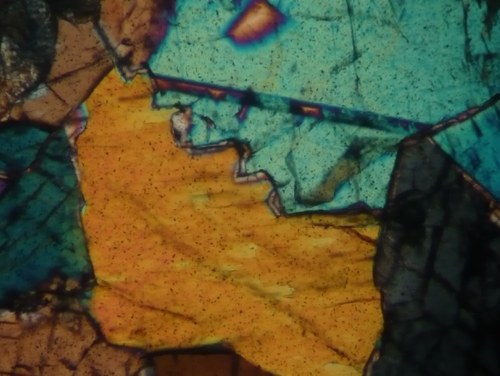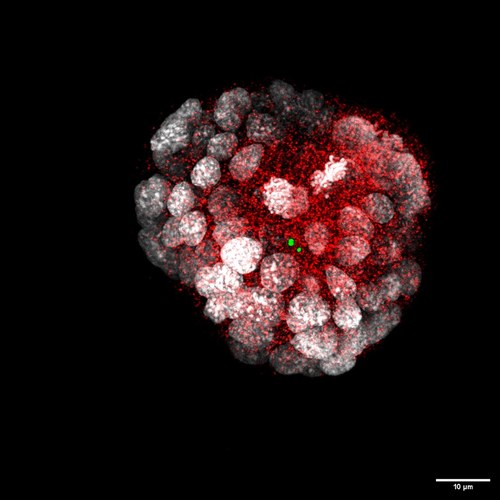Curricula

Geological Curriculum
The Geological curriculum of the STVA doctorate aims to train researchers and professionals by using innovative methods and highly professional practices. It develops methodological skills specific to pure and applied science, providing pathways to scientific research and related professional activities; in particular, research and the sustainable exploitation of natural resources, geological risk and territorial planning. Among the expected employment and professional opportunities of the STVA doctorate include the organization and management of scientific museums and parks; planning, coordinating, and implementating educational programs for schools and visitors at protected areas andnatural history museums, as well as engaging in territorial planning and management.
Employment activities:
development/management/consultancy at institutions/companies focused on the characterization of water/gas/oil reservoirs;
sequestration/storage of carbon dioxide;
environmental monitoring and protection;
environmental geochemistry;
remote sensing;
applied geology;
geological and thematic cartography;
mitigation of geological, hydrogeological, seismic, and volcanic risks;
geophysics and marine geology;
micropaleontology;
geoarchaeology, paleoclimatic modeling;
nanomaterials;
stratigraphic paleoecology.
Stratigraphic and structural evolution;
Geochemistry, magmatism and metamorphism;
Environmental geology;
Marine geology;
Interactions between geosphere and biosphere;
Paleoecology and Taphonomy.

Biological Curriculum
The Biological curriculum of the STVA doctorate aims to train researchers/professionals in the field of basic and applied Evolutionary Biology with specific knowledge in the study of biodiversity, evolutionary mechanisms, ecological processes, and potential related anthropogenic threats and able to develop research and data analysis with a variety of investigation and evaluation methods.
Employment activities:
development/management/consulting at institutions/companies for the analysis and monitoring of animal/vegetable/human biodiversity;
study of evolutionary mechanisms in the botanical, zoological, anthropological and ecological fields;
design/management of biological/environmental technologies;
application of biomolecular/bioinformatic/biostatistical methodologies in evolutionary biology;
bioarchaeological, osteological and forensic anthropogenetic analyses; impact assessment, with particular reference to the flora-fauna sector and to anthropic and biodemographic aspects;
organization/management of scientific museums/parks; design/coordination/implementation of scientific and educational information programs for schools and visitors of protected areas/natural history museums;
territorial planning and management.
Main lines of investigation:
molecular and cellular biodiversity;
animal biodiversity and evolution;
plant biodiversity and evolution;
human biodiversity and evolution;
population biology and ecology;
environmental monitoring;
marine biology;
computational biology.